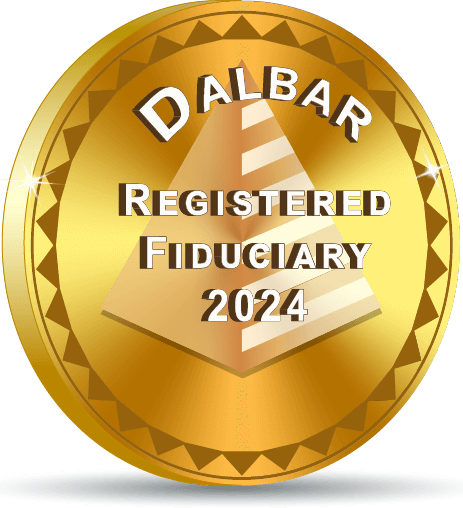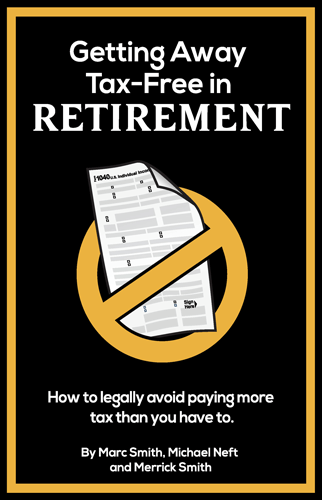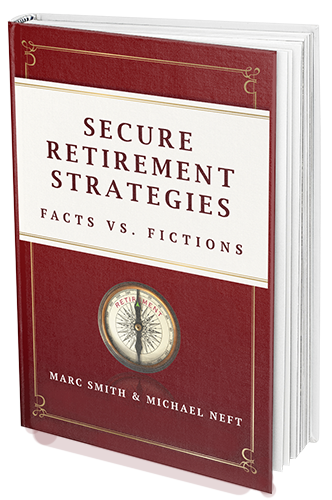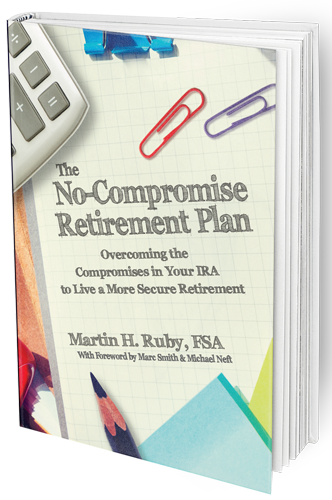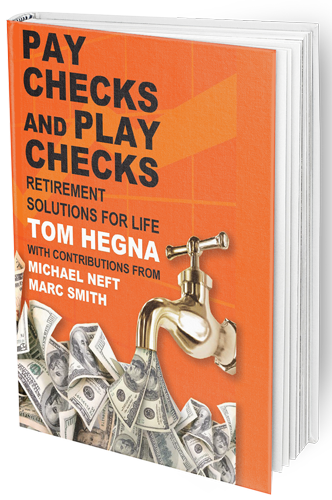Annual Evaluations: A Guide to Secure Your Retirement
After the year has drawn to a close, you find yourself at the perfect time for a thorough review of your financial well-being, especially concerning your retirement planning. This annual evaluation is crucial for ensuring that your golden years will be as comfortable and secure as you envision. Here’s a comprehensive guide to conducting your annual retirement plan evaluation:
1. Review Your Retirement Accounts
The foundation of any retirement plan is the portfolio of retirement accounts you’ve built over the years. This includes 401(k)s, IRAs (both Roth and Traditional), and any other pension plans you may have. Take the time to assess the current status of these accounts. How have they performed over the year? Are the allocations still in line with your retirement goals? Adjustments may be necessary to stay on track with your long-term objectives.
2. Analyze Income Streams
Your retirement income can come from various sources, not just your savings accounts. It’s essential to evaluate all potential income streams, including Social Security benefits, rental income, earnings from part-time work, or any other passive income sources. With future tax changes potentially impacting these sources, understanding how they fit into your overall retirement plan is critical.
3. Evaluate LIRP Contributions
If you’re leveraging a Life Insurance Retirement Plan (LIRP) as part of your retirement strategy, now is the time to review your contributions to the plan and its overall performance. A LIRP can be a valuable tool for achieving tax-free income in retirement and for estate planning purposes. Ensure that your contributions and the plan’s performance are aligned with your long-term goals.
4. Check Long-Term Care Preparations
One of the most significant financial risks in retirement is the potential need for long-term care. Whether you’re relying on long-term care insurance, a LIRP, or another strategy, it’s crucial to ensure you have a plan in place to cover these potential expenses. The costs associated with long-term care can be substantial and can significantly impact your retirement savings if not planned for adequately.
5. Update Estate Planning
Finally, it’s essential to ensure that your estate planning is current. This includes wills, trusts, and beneficiary designations. Proper estate planning ensures that your assets are distributed according to your wishes and can help minimize estate taxes, protecting the financial well-being of your heirs. If there have been any significant changes in your life, such as marriages, divorces, births, or deaths, it’s particularly important to update your estate plans accordingly.
Conclusion
Conducting an annual evaluation of your retirement plan is a proactive step towards securing your financial future. By reviewing your retirement accounts, analyzing income streams, evaluating contributions to plans like LIRPs, preparing for long-term care costs, and updating your estate planning, you can ensure that your retirement will be as rewarding and stress-free as possible.



